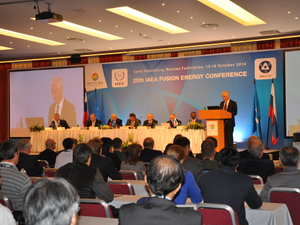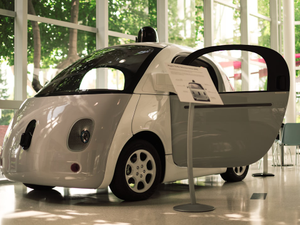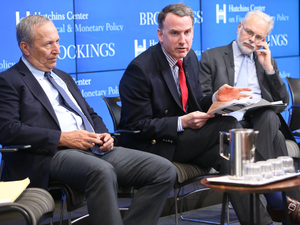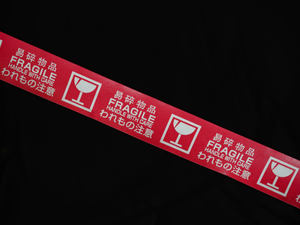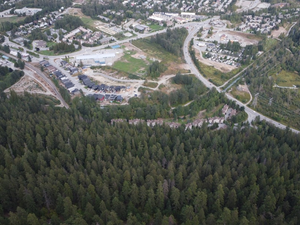The AI Landscape is Changing: Why Large Language Models Might Not Be the Silver Bullet

The tech world is buzzing with excitement about artificial intelligence, but one industry leader is pumping the brakes on the current hype. Clem Delangue, CEO of Hugging Face, believes we’re not in a broad AI bubble, but specifically in a “large language model” (LLM) bubble that might burst soon.
Delangue, who has spent 15 years in the AI industry, suggests that while everyone is currently obsessed with massive, generalized language models like ChatGPT and Gemini, the future of AI is actually more nuanced. His perspective challenges the current narrative that one giant model can solve every technological challenge.
Instead, Delangue predicts a shift towards specialized, smaller AI models designed for specific tasks. He provides a practical example of a banking customer service chatbot, arguing that such a tool doesn’t need philosophical conversational abilities - it simply needs to efficiently handle customer queries.
This approach represents a more strategic and targeted vision of AI development. Rather than building enormous, resource-intensive models that try to do everything, companies might find more value in creating precise, task-specific artificial intelligence solutions.
The Hugging Face CEO isn’t worried about a potential LLM bubble burst, noting that the AI industry is diverse enough to absorb such a shift. His company’s cautious financial approach - having raised $400 million and maintaining significant reserves - further demonstrates a long-term, sustainable strategy.
Delangue’s perspective is refreshing in an industry often characterized by wild speculation and massive investment. By advocating for more focused, efficient AI development, he’s suggesting a more mature approach to technological innovation.
As AI continues to evolve, his insights offer a critical reminder: technological advancement isn’t about creating the biggest or most complex solution, but about developing tools that genuinely solve specific, real-world problems.
AUTHOR: mb
SOURCE: TechCrunch



